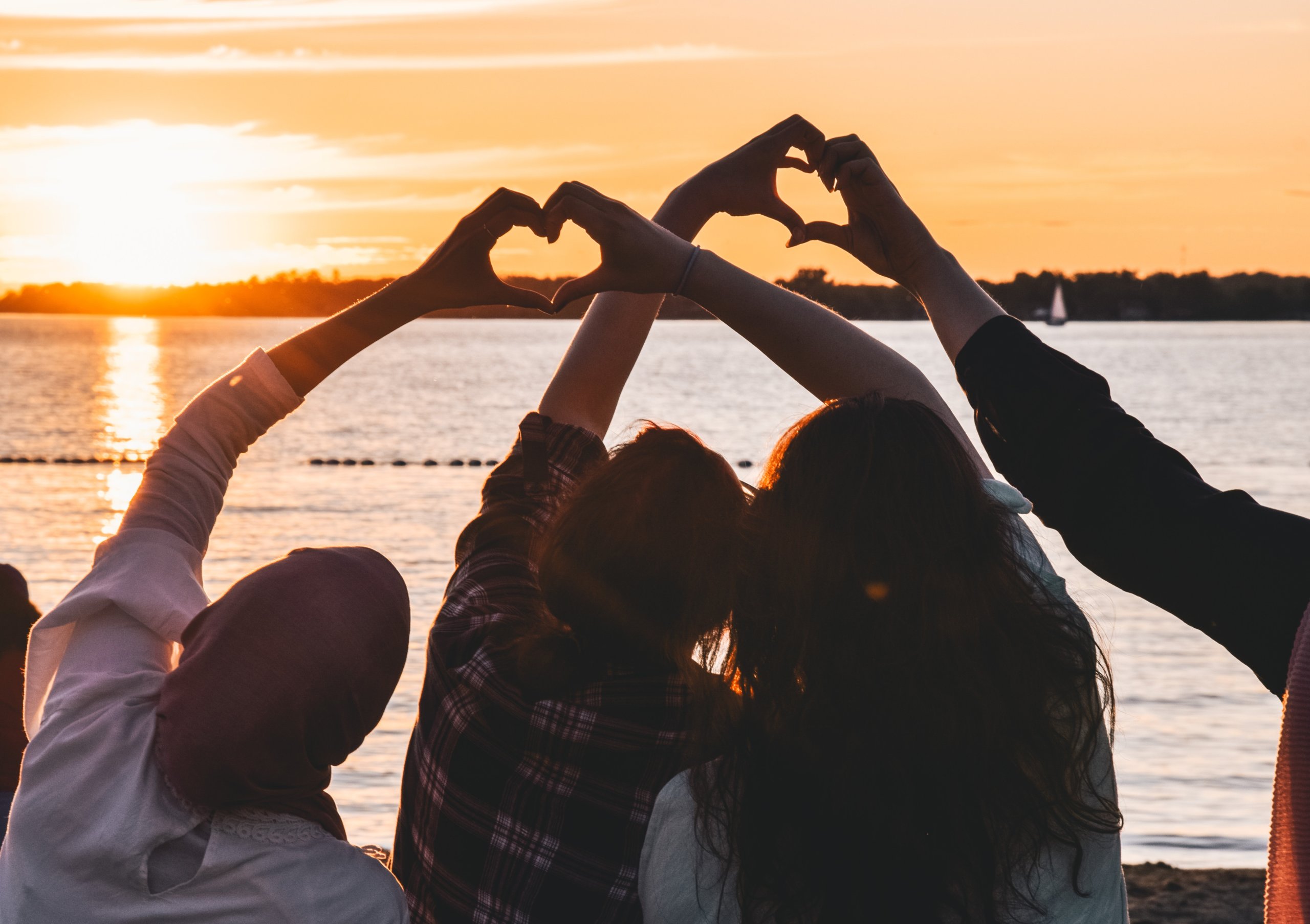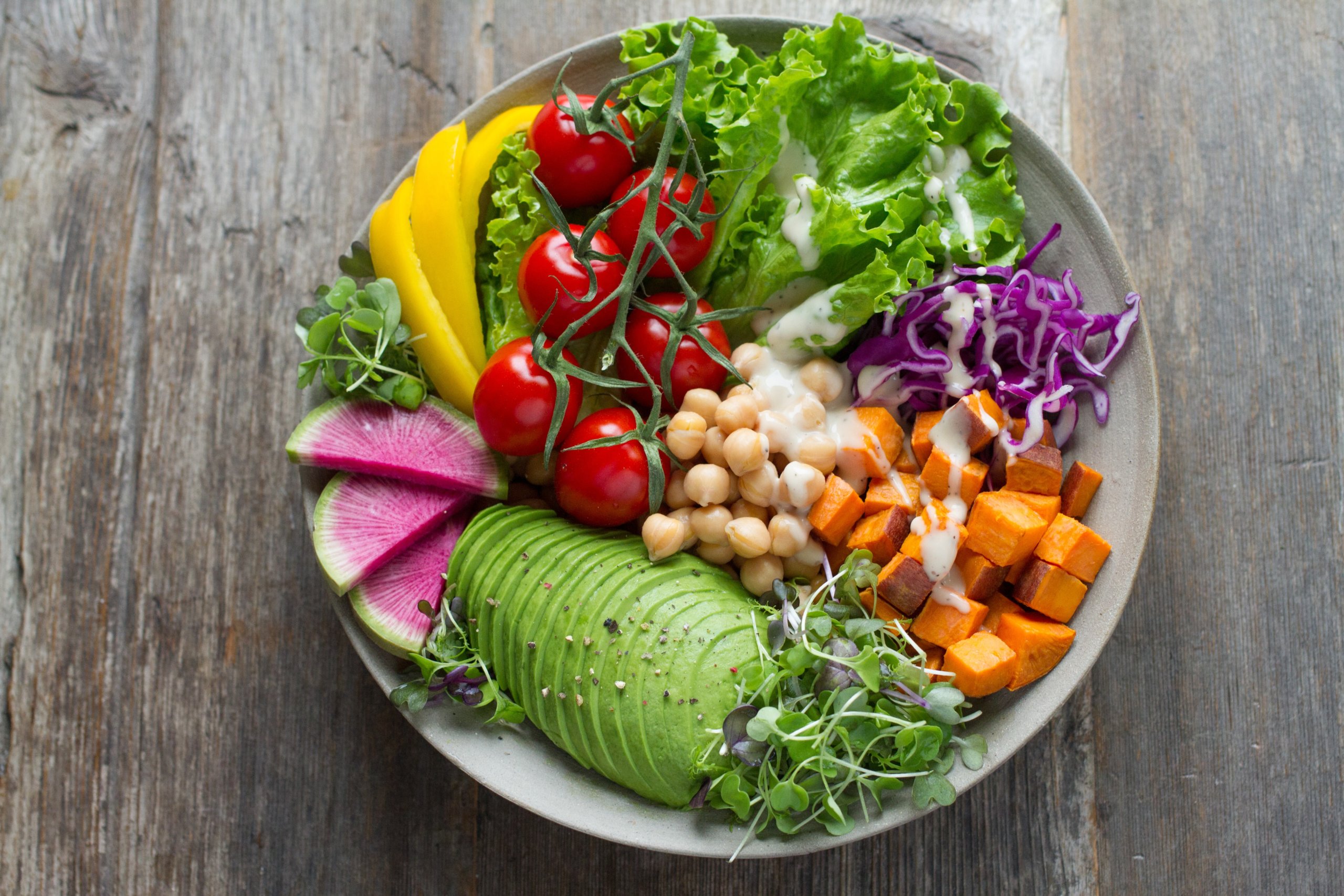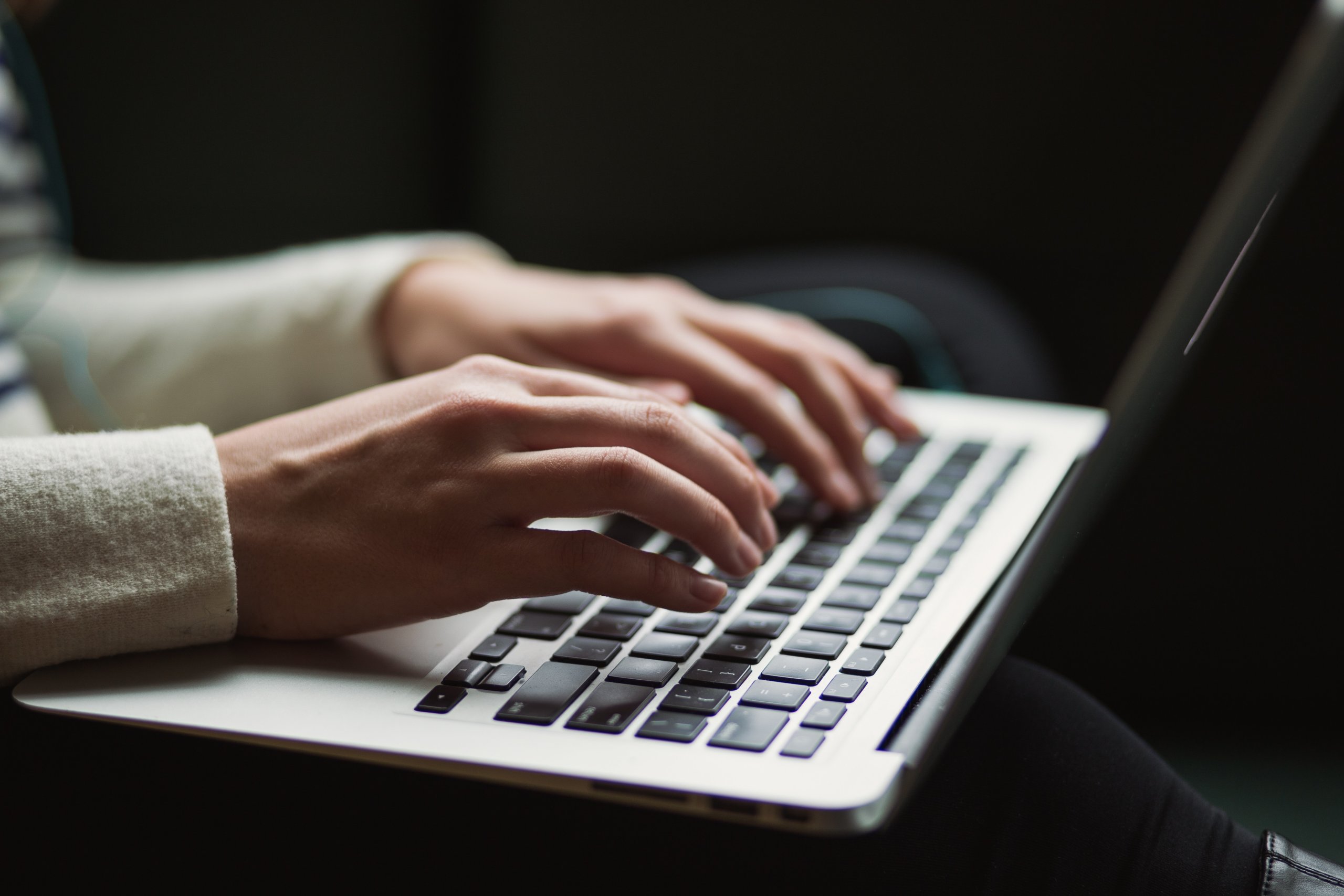
An Interview with Redpoint Center team member, Wendy Stine, Clinician and Program Manager for Northern Colorado
Communication in recovery is one of our greatest tools. So much of what we experience when we are in self-destructive behaviors is a lack of communication. Hence, communication in recovery and relationships is vital. The ability to express our needs and listen to others deeply allows for understanding and connection. Furthermore, we know that connection is very important and vulnerability plays a role as well. Whether at work, romantic relationships, friends, or therapists, expressing yourself honestly and being heard compassionately can provide a medium for growth and healing. We asked our counselor Wendy Stine a few questions about what healthy communication looks like, and how to get in touch with our feelings. After all, we need to understand what we are feeling to express it.
Why Communication Matters in Recovery
Redpoint: What are some tips for getting in tune with our feelings, especially in early recovery?
Wendy: It’s always helpful to start from a place of groundedness. This can be as easy as taking a few deep breaths with eyes closed and being really “in your body.” Then ask yourself what do I feel- happy, mad, sad, hurt, or afraid? Keep the options simple. Maybe write a little bit about in a journal. The important thing is not to judge the feelings. Don’t analyze anything- just acknowledge.
RP: What are some ways to soothe ourselves when we are feeling overwhelmed by emotion?
W: Some easy and quick ways to soothe oneself would be some focused breath work; I like to count my inhales, pause a second and count the exhales. Counting helps distract the brain. If you can manage to breathe in slowly to the count of 4, hold for one count and slowly exhale to a 6 or 7 count, you will calm the mind and body. Repeat the cycle a few times.
I also love getting outside for calming. If I can take my shoes off in the grass, even better! Sometimes I’ll just sit in my yard and look at the sky, hear the birds, and smell the fresh air. Works wonders.
It’s ok to give yourself a time out! Even a quick nap or “mind shutdown” can bring relief.
And there’s always the quick call or text to a supportive friend.
Relationship Goals: Healthy Communication
RP: What does healthy communication look like? What are some tips on being a more active listener/supporting others when communicating?
W: Healthy communication looks like being responsible for your own words and actions. Take ownership of the way you feel. “ I feel hurt when…” is more effective than “You make me feel”. I try and start feeling statements with “I”. Don’t keep things bottled up. People are not mind readers, and often don’t know what we’re feeling.
It’s super important to be a good listener in any relationship. Sadly, many people are busy planning a response rather than actually hearing what is said. Listen as if you are not going to answer. Ask questions, make eye contact, and stay off your mobile phone! It’s helpful to paraphrase back what is being said- it shows you are paying attention; it feels good to be a friend!
When we have empathy and understanding for ourselves, we can extend that same compassion to others. Communicating with the intention of getting closer to those you love or interact with, will always foster healthy conversations and progress for a better life.
If you or someone you know needs mental health support, we are here.
Photo courtesy of unsplash~












